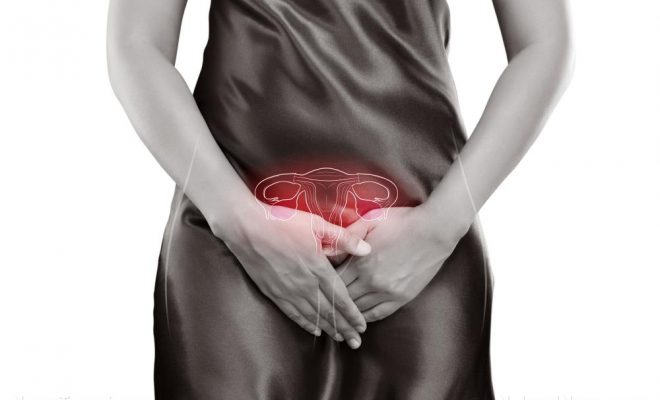Can a hysterectomy (the surgical removal of the uterus) negatively affect brain function?

(Natural News) The surgical removal of any organ is bound to cause a lot of health problems. It goes double if the body part is integral to the body of a person, such as the uterus of a woman. So it is not surprising – but still appalling – to learn about the connection between surgical hysterectomy and higher risks of memory loss.
A hysterectomy is a surgical operation that removes a woman’s uterus. Experts believe that one out of every three women undergo the process by the time they reach the age of 60.
In the U.S. alone, more than 600,000 hysterectomies get performed each year. Healthcare professionals will bring up many reasons as to why they need to remove the uterus of their female patients, such as to treat cancer, uterine fibroids, and other health issues in the reproductive system.
However, researchers who looked up the matter warn that one out of every five of those surgeries is not necessary. That means as many as 120,000 American women lose their uterus each year for no sound medical purpose. (Related: Rush for profits: Vaginal mesh devices were barely tested and doctors were NOT told how dangerous they could be.)
Rats that underwent hysterectomy experienced issues in their spatial memory
A recent Arizona State University (ASU) study investigated the potential side effects of hysterectomy. Using animal models, the researchers removed either the ovaries, the uterus, or both reproductive organs in female rats.
After undergoing surgical operations, the animals went through a maze that served as a spatial memory test. Spatial memory is the ability of an organism to find a way around an environment. It also lets the animal remember that path for use in the future.
Mother Nature’s micronutrient secret: Organic Broccoli Sprout Capsules now available, delivering 280mg of high-density nutrition, including the extraordinary “sulforaphane” and “glucosinolate” nutrients found only in cruciferous healing foods. Every lot laboratory tested. See availability here.
The results of the experiment showed that removing the uterus of female rats via hysterectomy while preserving their ovaries caused severe problems in their spatial memory. The issues proved particularly crippling during stressful moments that affected the mind of the animals.
The ASU researchers found this deficit only in female rats that lost their uterus but retained their ovaries, which is similar to partial hysterectomies in female humans. Rats that had their uterus and ovaries removed via total hysterectomy did not display any problems with their spatial memory.
A possible connection between hysterectomy and risk of dementia
The ASU findings suggested that the uterus plays a vital role in the brain function of women, including those who are not pregnant. The organ appears to be active and useful even when a fetus doesn’t occupy it.
“[Our] findings demonstrate that the nonpregnant uterus is not dormant, and indicate that there is an ovarian-uterus-brain system that becomes interrupted when the reproductive tract has been disrupted, leading to alterations in brain functioning,” concluded ASU researcher Heather A. Bimonte-Nelson, the lead author of the paper. She published her team’s findings in the medical journal Epidemiology.
The study reinforces the importance of the uterus to women’s health. Despite this and other research, hysterectomy – both partial and total – remains the most widely performed gynecological procedure in the U.S. and around the world.
Given the way the uterus affects spatial memory in women, some researchers believe that hysterectomies can increase the risk of dementia. Nearly 50 million people around the world suffer from a type of dementia, and six million of them are Americans.
Hysterectomy alone cannot account for the increasing prevalence of dementia – many patients are men, after all. However, researchers believe that these surgical operations might be contributing to the public health problem. Bimonte-Nelson and her ASU colleagues are calling for further examination of the role played by the uterus in supporting women’s health.








